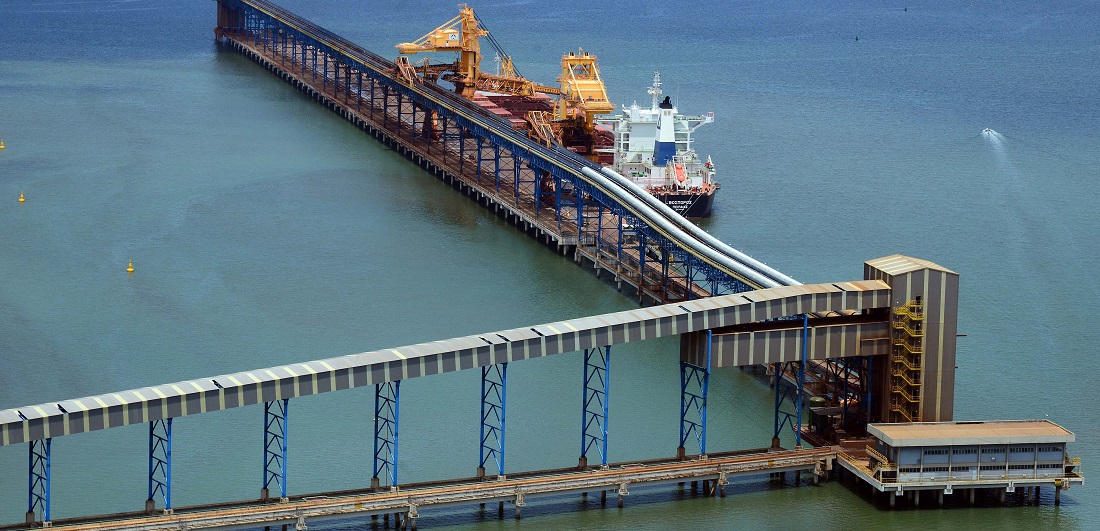
Porto Sudeste obtains renewable energy certification, offsetting 2,482 t of CO2 emissions
Jun, 27, 2024 Posted by Gabriel MalheirosWeek
Porto Sudeste, a private port in the Itaguaí region, has been awarded the I-REC certificate, proving its exclusive use of renewable energy in its operations. Obtained through Comerc Energia, this certification underscores the port’s commitment to sustainability and carbon footprint reduction by verifying that 100% of its energy consumption comes from renewable sources.
“Our company is driven by socio-environmental commitment. With all of our equipment being electric, ensuring that 100% of our energy is clean and renewables is important to our decarbonization efforts and fight against climate change,” explained Ulisses Oliveira, Director of Corporate Affairs and Sustainability at Porto Sudeste.
The acquisition of I-RECs is a key component of the company’s climate strategy and commitment to a low-carbon economy. This initiative complements a range of existing measures aimed at mitigating environmental impacts, particularly those related to climate change.
Through this investment, Porto Sudeste has offset 2,482 tons of CO2 emissions, effectively reducing its Scope 2 emissions to zero. “We believe this initiative demonstrates the feasibility of balancing port operations with environmental preservation,” said Oliveira, noting the company’s goal to reduce Scope 1 and 2 greenhouse gas (GHG) emissions by 50.4% by 2033, based on 2021 levels.
I-REC: Meaning and Calculation
The International REC Standard (I-REC) is a global system that facilitates obtaining renewable energy certificates, providing a guarantee of the renewable origin of the energy a company consumes. Renewable sources include wind, solar, hydro, and biomass, all of which produce zero carbon emissions.
The I-REC certification is used to account for Scope 2 emissions in line with stringent international standards. Each I-REC represents 1 MWh of renewable energy, used to offset greenhouse gas emissions from electricity consumption. On average, 1 MW of electrical energy consumed equates to the emission of 540 tons of CO2.
-
Shipping
Apr, 27, 2023
0
Hamburg Süd: Latin America ports remain congestion-free
-
Shipping
May, 18, 2021
0
Why stratospheric container rates could rocket even higher
-
Ports and Terminals
Aug, 06, 2019
0
TCU optimizes Suape Port concession to avoid market concentration
-
Meat
Sep, 27, 2022
0
USDA foresees no major changes in the Argentina cattle complex in 2023

